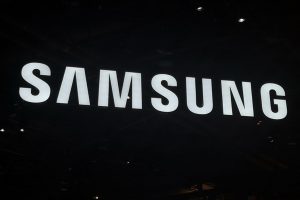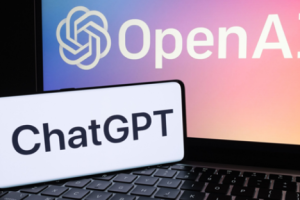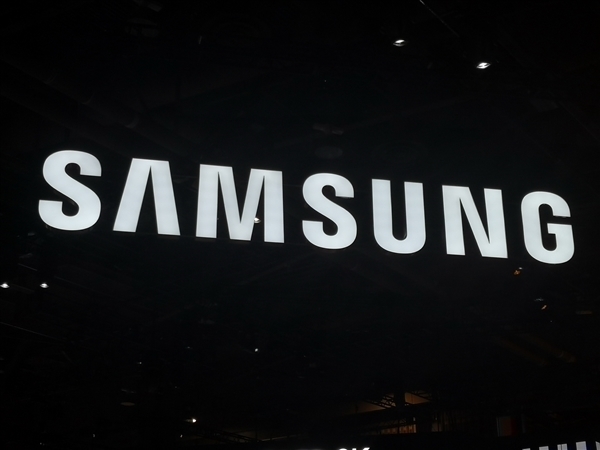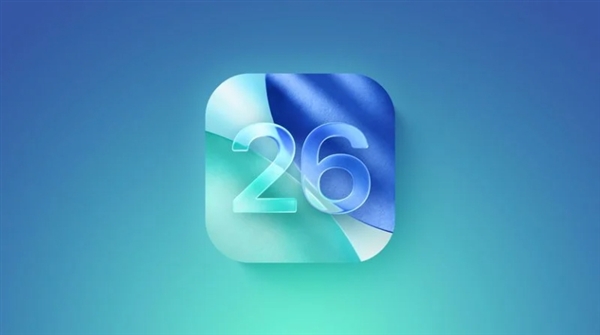Billionaire investor and technology personality, Mark Cuban, has expressed concern that the rise of AI chatbots like ChatGPT could exacerbate the problem of online misinformation. In a recent podcast appearance, Cuban observed that while false and inaccurate information is often propagated through social media platforms like Facebook and Twitter, which appear to be human-controlled, on platforms like ChatGPT, everything is under the control of machines.
Cuban added, “Once these things start to have their own life, it’s hard for us to define why and how a machine makes a decision and who controls the machine.” Since its launch by OpenAI in November last year, ChatGPT has garnered hundreds of millions of users who have used it to write poetry, provide advice, and share recipes. However, the technology has not shown any evidence of being smarter than an average person.
Mistakes made by chatbots are now becoming a popular trend on social media. ChatGPT, for example, may answer math problems incorrectly, refuse to answer some basic questions, and even fabricate historical figures, events, and other seemingly factual details. Its answers can also sometimes be contradictory, and when asked the same question repeatedly, it may provide different answers.

Similarly, Alphabet’s stock price fell by more than 9% last week, following an error in its AI platform Bard’s response to a question about the James Webb Space Telescope from NASA. A large number of Google employees accused CEO Sundar Pichai of being responsible for the “rushed and poor” release of Bard, despite the company feeling the pressure of competition from ChatGPT.
“These errors indicate that this AI technology is still in its early stages,” said Cuban, adding that this is a problem, especially since many people don’t always verify what they read online. Cuban explained, “Our generation, the so-called X generation (roughly equivalent to those born in the 60s and 70s) and older generations, don’t quite understand this technology. While the Z generation (roughly equivalent to those born in the late 90s and 00s) and younger generations not only are familiar with it, but also know how to filter certain things. They are more receptive to these technologies.”
Microsoft has acknowledged that the technology behind ChatGPT is not perfect, despite the company’s plans to integrate it into the upcoming search engine, Bing. Microsoft recently stated that “Bing sometimes distorts the information it finds, and you may see replies that sound convincing but are incomplete, inaccurate, or inappropriate.”
Cuban and Apple co-founder Steve Wozniak are both concerned, believing that this may be a big problem in the short term. However, other industry leaders are optimistic about the long-term prospects of this technology. For example, Microsoft co-founder Bill Gates believes that platforms like ChatGPT represent an emerging technological revolution that will have a “huge impact” on healthcare and education.
“Currently, platforms like ChatGPT require too much computing power to support, and they don’t always provide accurate answers,” Gates said. “But just last week, we saw the announcements from Microsoft and Google competing for dominance in this area. In the coming years, these technologies will get better and have far-reaching effects.”












